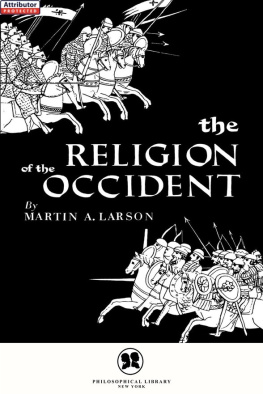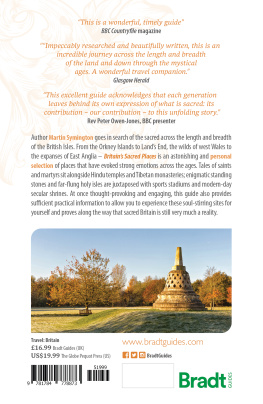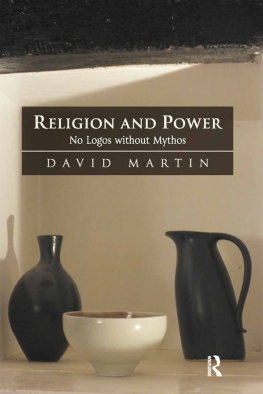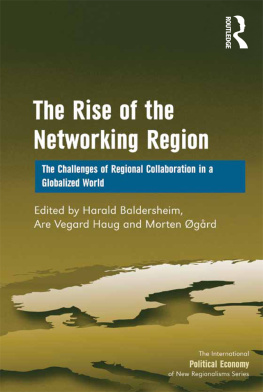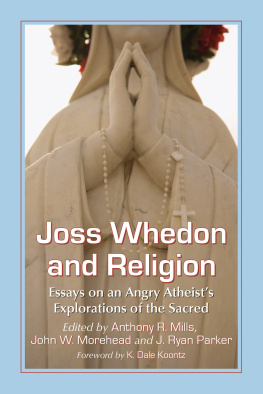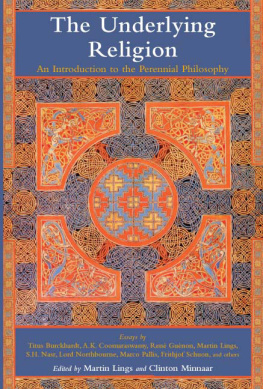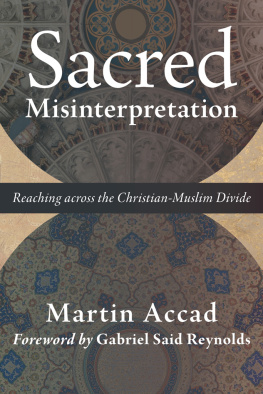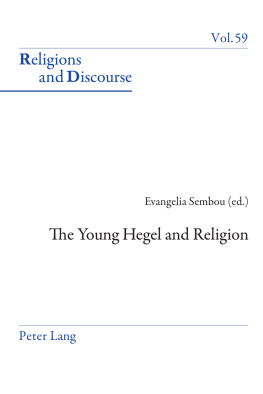Trbners Oriental Series
ESSAYS ON THE SACRED LANGUAGE, WRITINGS, AND RELIGION OF THE PARSIS
Trbners Oriental Series
PERSIA
In 13 Volumes
I | The Gulistn
Edward B Eastwick |
II | Ysuf and Zulaikha |
III | Ralph T H Griffith |
IV | Essays on the Sacred Language, Writings, and Religion of the Parsis
Martin Haug |
V | The Shhnma of Firdaus Vol I
Arthur George Warner and Edmond Warner |
VI | The Shhnma of Firdaus Vol II
Arthur George Warner and Edmond Warner |
VII | The Shhnma of Firdaus Vol III
Arthur George Warner and Edmond Warner |
VIII | The Shhnma of Firdaus Vol IV
Arthur George Warner and Edmond Warner |
IX | The Shhnma of Firdaus Vol V
Arthur George Warner and Edmond Warner |
X | The Shhnma of Firdaus Vol VI
Arthur George Warner and Edmond Warner |
XI | The Shhnma of Firdaus Vol VII
Arthur George Warner and Edmond Warner |
XII | The Shhnma of Firdaus Vol VIII
Arthur George Warner and Edmond Warner |
XIII | The Shhnma of Firdaus Vol IX
Arthur George Warner and Edmond Warner |
XIV | The Quatrains of Omar Khayym
E H Whinfield |
ESSAYS ON THE SACRED LANGUAGE, WRITINGS, AND RELIGION OF THE PARSIS
MARTIN HAUG
First published in 1884 by
Trbner & Co Ltd
Reprinted 2000, 2002 by
Routledge
2 Park Square, Milton Park, Abingdon, Oxon, OX14 4RN
Transferred to Digital Printing 2007
Routledge is an imprint of the Taylor & Francis Group
1884 Martin Haug
All rights reserved. No part of this book may be reprinted or reproduced or utilized in any form or by any electronic, mechanical, or other means, now known or hereafter invented, including photocopying and recording, or in any information storage or retrieval system, without permission in writing from the publishers.
The publishers have made every effort to contact authors/copyright holders of the works reprinted in Trbners Oriental Series.
This has not been possible in every case, however, and we would welcome correspondence from those individuals/companies we have been unable to trace.
These reprints are taken from original copies of each book. In many cases the condition of these originals is not perfect. The publisher has gone to great lengths to ensure the quality of these reprints, but wishes to point out that certain characteristics of the original copies will, of necessity, be apparent in reprints thereof.
British Library Cataloguing in Publication Data
A CIP catalogue record for this book is available from the British Library
Essays on the Sacred Language, Writings, and Religion of the Parsis
ISBN 0-415-24537-0
Persia: 13 Volumes
ISBN 0-415-24294-0
Trbners Oriental Series
ISBN 0-415-23188-4
ESSAYS
ON
THE SACRED LANGUAGE, WRITINGS, AND RELIGION OF THE PARSIS.
BY
MARTIN HAUG, PH.D.
LATE PROFESSOR OF SANSKRIT AND COMPARATIVE PHILOLOGY AT THE UNIVERSITY OF MUNICH.
Third Edition.
EDITED AND ENLARGED BY
E. W. WEST, PH.D.
TO WHICH IS ALSO ADDED.
A BIOGRAPHICAL MEMOIR OF THE LATE DR. HAUG BY PROFESSOR E. P. EVANS.
LONDON:
TRBNER & CO., LUDGATE HILL.
1884.
[All rights reserved.]
TO
THE PARSIS OF WESTERN INDIA
THIS REVISION OF THE
FIRST ATTEMPT, IN THE ENGLISH LANGUAGE,
TO GIVE A CORRECT ACCOUNT OF THEIR
ANCIENT ZOROASTRIAN RELIGION AND LITERATURE,
Is Inscribed
IN MEMORY OF THE OLD TIMES
OF FRIENDLY INTERCOURSE ENJOYED
BOTH BY THE AUTHOR AND BY
THE EDITOR.
PREFACE.
THE author of these Essays intended, after his return from India, to expand them into a comprehensive work on the Zoroastrian Religion; but this design, postponed from time to time, was finally frustrated by his untimely death. That he was not spared to publish all his varied knowledge on this subject, must remain for ever a matter of regret to the student of Iranian antiquities. In other hands, the changes that could be introduced into this second edition were obviously limited to such additions and alterations as the lapse of time and the progress of Zoroastrian studies have rendered necessary.
In the first Essay, the history of the European researches has been extended to the present time; but, for the sake of brevity, several writings have been passed over unnoticed, among the more valuable of which those of Professor Hbschmann may be specially mentioned. Some account has also been given of the progress of Zoroastrian studies among the Parsis themselves.
In the second Essay additional information has been given about the Pahlavi language and literature; but the technical portion of the Avesta Grammar has been reserved for separate publication, being better adapted for students than for the general reader.
Some additions have been made to the third Essay, with the view of bringing together, from other sources, all the authors translations from the Avesta, except those portions of the Gthas which he did not include in the first edition, and which it would be hazardous for an editor to revise. Further details have also been given regarding the contents of the Nasks.
Several additional translations, having been found among the authors papers too late for insertion in the third Essay, have been added in an Appendix after careful revision, together with his notes descriptive of the mode of performing a few of the Zoroastrian ceremonies.
Some apology is due to Sanskrit scholars for the liberties taken with their usual systems of representing Sanskrit and Avesta sounds. These deviations from present systems have been made for the sake of the general reader, whether English or Indian, who can hardly be expected to pronounce words correctly unless they are spelt in accordance with the usual sounds of the letters in English. Probably no European language can represent Indian consonants so easily as English; but as every English vowel has more than one characteristic sound, it is necessary to look to some other European language for the best representation of Indian vowels. The system now generally adopted by Englishmen in India, and followed in these Essays, is to use the consonants to represent their usual English sounds, the vowels to represent their usual Italian sounds, and to avoid diacritical marks as much as possible, because they are always liable to omission. In applying such a system to the Aryan languages of India, Englishmen require very few arbitrary rules. They have merely to observe that


